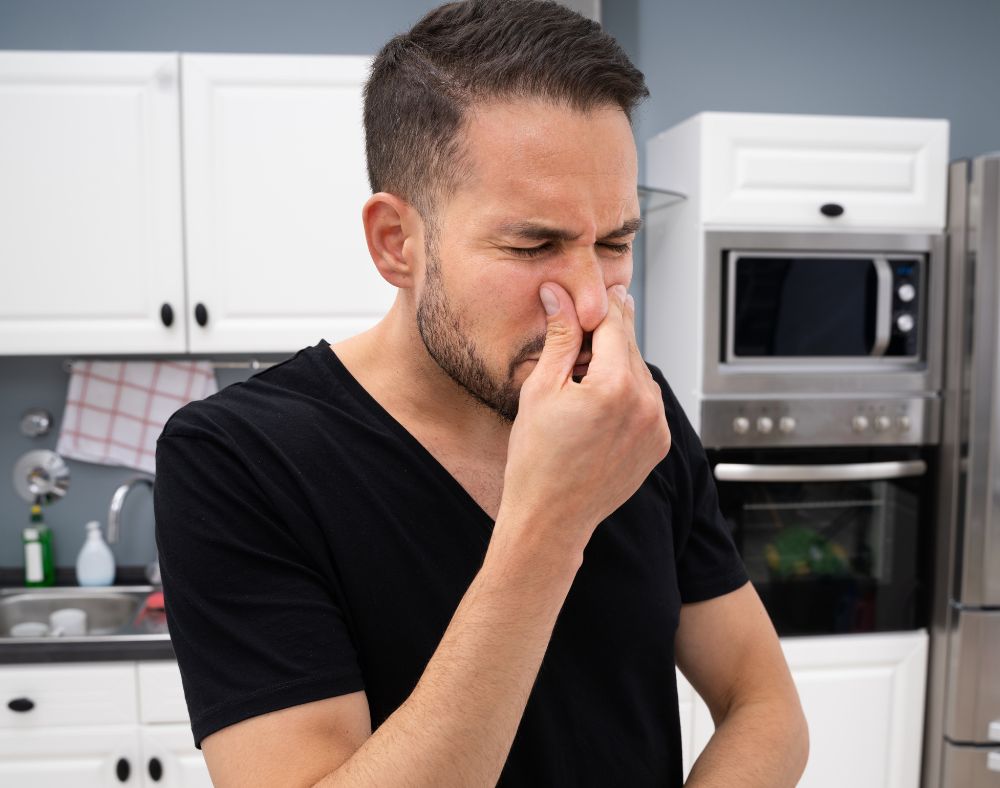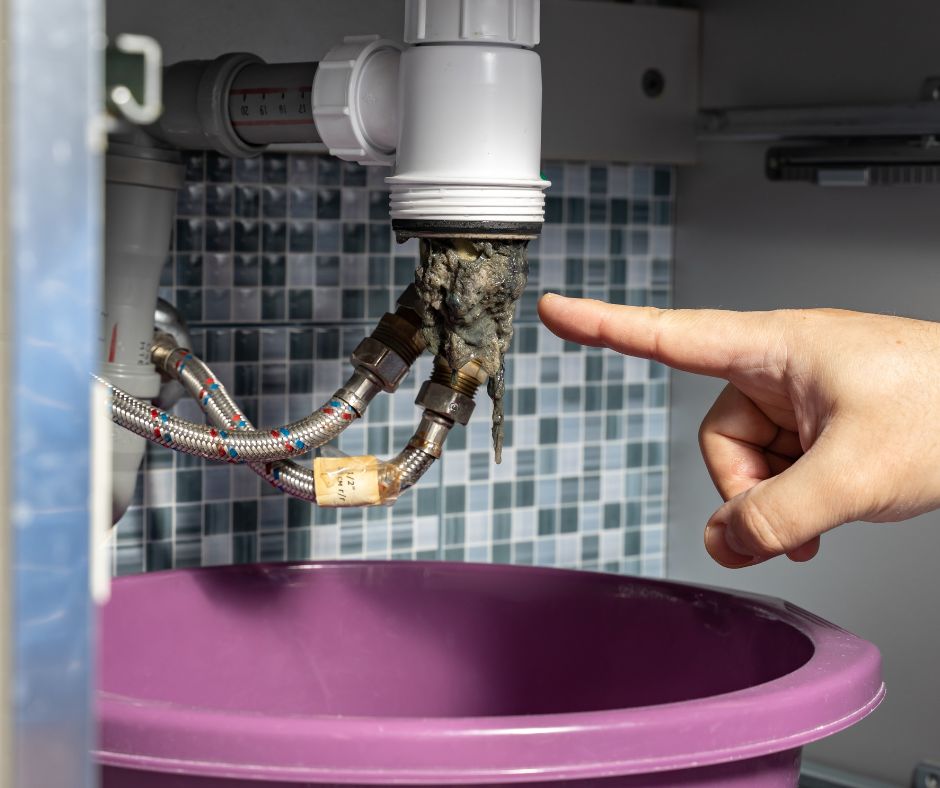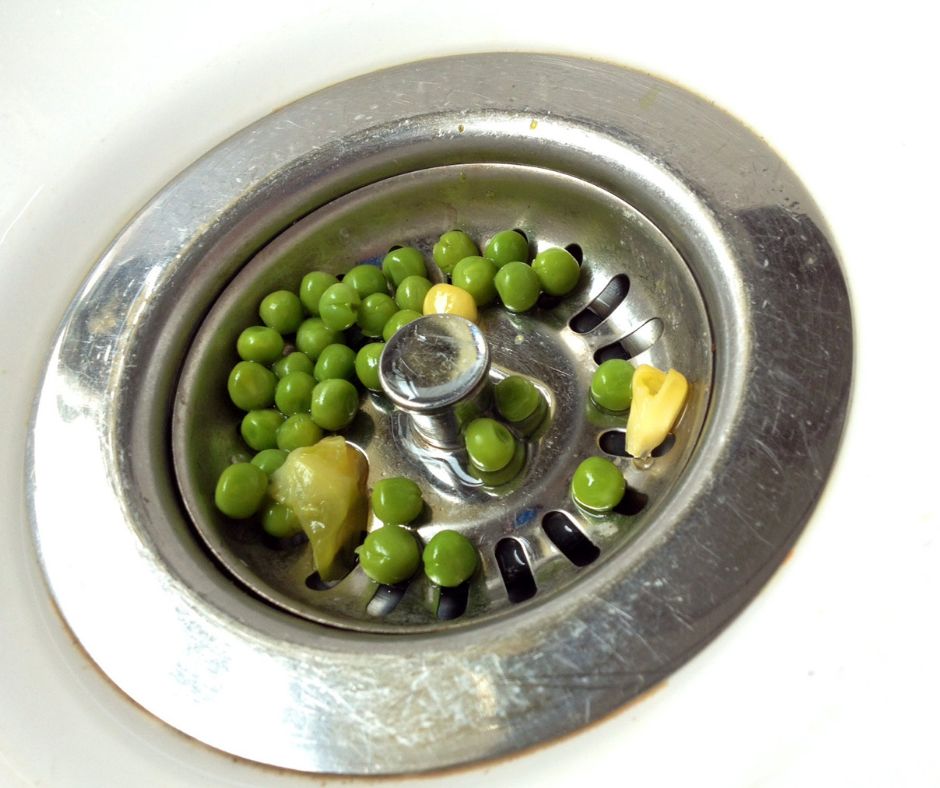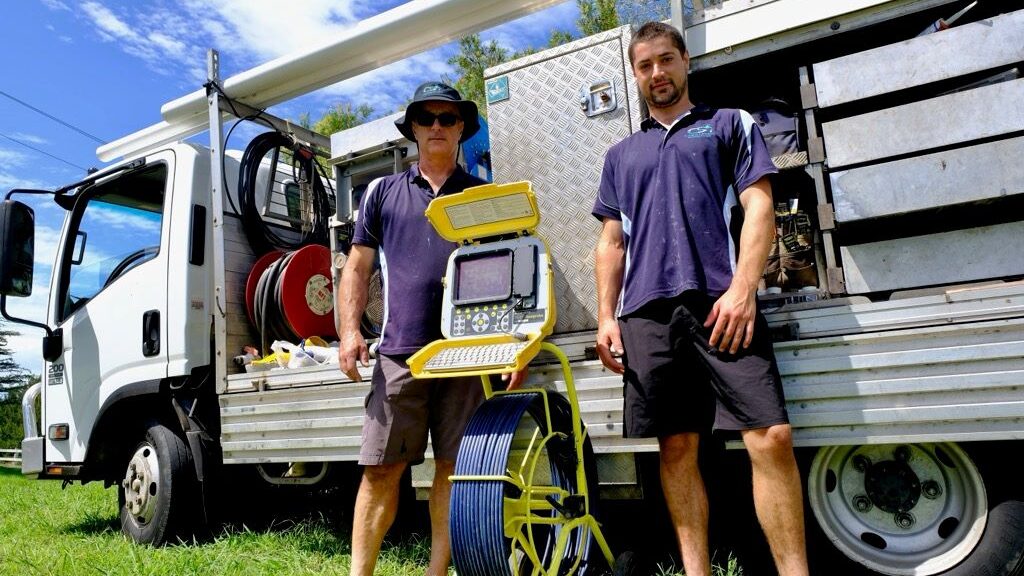Uncover the Key Factors Leading to Unpleasant Odours from Your Drains
Unpleasant odours emanating from drains are frequently caused by the accumulation of trapped food particles, soap scum, and organic buildup within the pipes. Additional contributors to these foul smells include a dry or malfunctioning water trap, as well as the presence of bacteria within the drain line. To effectively eradicate these unpleasant odours, it is recommended to flush the drain using a combination of boiling water and vinegar, clean the trap if accessible, and ensure that all water seals are intact and functioning properly. In cases where the odour persists, it may be necessary to consult a qualified plumber to identify and resolve any deeper blockages or potential sewer gas leaks.

Identify the Common Sources of Unpleasant Drain Odours in Wollongong Residences
1. Build-Up of Organic Debris in the Drainage System
Over time, remnants of food, soap, grease, and hair tend to accumulate within the drain system. This organic matter will eventually begin to decompose, creating a conducive environment for bacteria to thrive, which leads to unpleasant odours that may resemble sulphur or a musty scent. Implementing regular maintenance and cleaning routines for your drains is crucial to significantly reduce these organic accumulations and the accompanying foul smells, promoting a healthier living environment.
2. Issues with the Drain Trap (P-Trap or S-Trap)
The drain trap is an essential component of your plumbing system, specifically designed to retain a small volume of water that acts as a barrier against harmful sewer gases from entering your home. If the trap dries out—often due to infrequent use—or if it has been improperly installed, harmful gases can escape into your living space, causing unpleasant odours. It is vital to ensure that the trap remains filled with water to maintain a healthy, fresh-smelling living environment.
3. Blockages in Ventilation Pipes
Plumbing vents are crucial for regulating pressure and safely channeling sewer gases out of your home through the roof. When these vents become obstructed with debris, birds’ nests, or corroded materials, gases may be forced back down into your drains, leading to unpleasant odours. Conducting regular inspections of your vent pipes is essential to ensure they remain clear and fully functional, thereby preventing odour issues.
4. Deterioration of Pipes
Older plumbing systems, particularly those in certain suburbs of Wollongong, may have cracked or damaged pipes that can leak gases or allow debris to accumulate in pockets, resulting in stagnant water and unpleasant odours. If you suspect that your pipes may be compromised, seeking a professional inspection is essential to prevent further plumbing issues and ensure a healthy home environment.
5. Improper Installation of Household Appliances
DIY installations of appliances such as washing machines or dishwashers can often lead to complications, including the absence of proper traps or incorrect configurations. These oversights can permit foul odours to escape into your home. If you have recently installed an appliance, it is crucial to verify that it has been set up correctly to avoid the development of unpleasant smells.
Effective DIY Strategies to Remove Unpleasant Drain Odours
Thoroughly Flush the Drain System
To effectively address unpleasant odours, pour a generous amount of boiling water followed by a mixture of vinegar and bicarbonate of soda down the affected drain. Allow the mixture to fizz and work its magic for approximately 10 to 15 minutes, and then flush the drain again with hot water. This technique helps to disintegrate any organic material and effectively eliminate the unpleasant smells, leaving your drains fresh and clean.
Inspect and Clean the Drain Trap
Whenever possible, remove and thoroughly clean the U-bend trap located beneath your sinks. Be sure to wear gloves and prepare for potentially unpleasant odours, as it may be blocked with hair, sludge, or grease. Regular cleaning of the trap ensures its efficient operation and helps prevent future odours from developing, contributing to a more pleasant home environment.
Restore Water Levels in the Drain Trap
If a drain hasn’t been used for an extended period, such as in a guest bathroom or floor waste, simply pouring a few cups of water into it can help restore the water seal. This action prevents sewer gases from infiltrating your home and keeps your environment free from unpleasant smells, ensuring a healthier living space.
Enhance Ventilation in the Affected Area
To help disperse any lingering gases until the issue is resolved, utilise fans or open windows for effective ventilation. It is advisable to refrain from using chemical cleaners, as they may cause further corrosion of your pipes. Natural ventilation methods will assist in maintaining healthier indoor air quality while addressing the odour issue, ensuring that your home remains comfortable.

Recognising When to Seek Assistance from a Qualified Plumbing Professional
If unpleasant odours persist despite your attempts to clean your drains, or if multiple drains throughout your home are affected, it is essential to contact a professional. Ongoing foul odours may indicate serious issues such as:
- A blocked main drain line requiring immediate professional attention
- A breach in sewer pipework that could lead to significant damage
- A faulty or collapsed P-trap necessitating replacement
- A ventilation problem located within walls or ceiling cavities
A licensed plumber will utilise advanced inspection methods, such as inspection cameras or smoke testing, to accurately identify the root cause of your plumbing issues. For homes affected by salt air or ageing pipework, we highly recommend scheduling a system-wide drain inspection or considering a pipe relining service to effectively address any potential problems.
In urgent situations, particularly if sewage smells are present in living areas, our emergency plumbing service is available 24/7 throughout the Illawarra region, ensuring you receive prompt and professional assistance.
Preventative Steps to Avoid Future Drain Odours
- Refrain from pouring grease or oils down the kitchen sink
- Regularly clean drain strainers on a weekly basis to prevent build-up
- Run boiling water down your bathroom and laundry drains</b monthly to maintain cleanliness
- Seasonally flush less-frequently used drains to maintain proper trap water seals
- Schedule an annual plumbing check-up with a reliable local provider to ensure optimal performance

Essential Advice for Homeowners in Wollongong
The presence of unpleasant drain smells is not merely an inconvenience; they can signal trapped waste, missing seals, or potentially serious leaks and ventilation issues that could escalate into significant health or structural problems. In Wollongong, where a mix of new estates and older homes exists, these odours often result from simple build-ups but may also indicate deeper faults hidden behind walls or beneath concrete surfaces.
It is crucial not to simply mask the odour with temporary solutions. Instead, focus on diagnosing the root cause of the problem and addressing it effectively at the source. If your DIY efforts do not yield results, trust the expertise of a qualified plumber, such as our team at CS Plumbing Services, who understands the unique characteristics of your home and how to maintain its safety and functionality for the long term.

The Article: Drain Smells: Permanent Solutions to Eliminate Odours first appeared on https://writebuff.com
The Article Drain Smells: Effective Ways to Eliminate Odours Permanently Was Found On https://limitsofstrategy.com


The issues related to unpleasant odours from drains resonate on a practical level, particularly for homeowners who may not realize the full extent of what’s happening below the surface. What struck me as particularly interesting is the mention of organic debris accumulation. It is fascinating how the simplest of daily habits—like cooking and personal grooming—contribute to the problem over time. For instance, I recently had a similar experience in my own home. Despite regular cleaning, I noticed a persistent smell that I assumed was just an inconvenience. It wasn’t until I delved deeper, understanding the mechanics of our drainage system, that I realized it was a buildup of hair and grease hidden away.
I can definitely relate to your experience with unpleasant odours from drains; it’s interesting how often we overlook the buildup happening just out of sight. It really highlights the importance of understanding our environments, especially in our homes where we often feel the most comfortable. Your mention of organic debris accumulation really resonates. It’s fascinating how our daily routines—like cooking and personal grooming—can have such a significant impact on our plumbing systems.